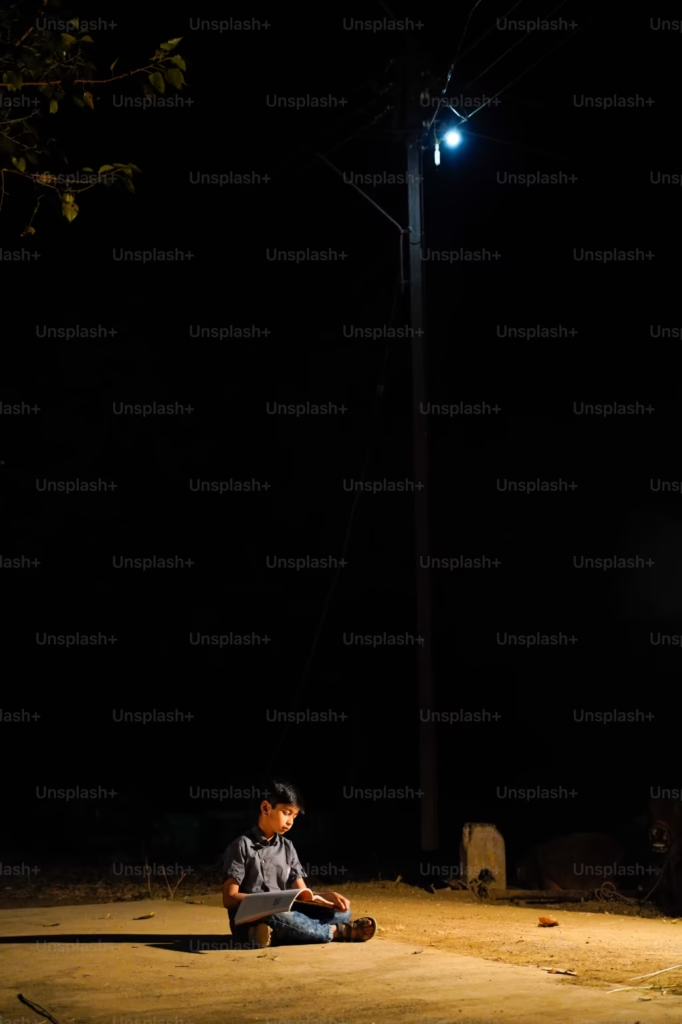- Unbreaking The News
- Work
- Life
- Lifestyle
- HumanityDiscover the latest trends, style tips, and fashion news from around the world. From runway highlights to everyday looks, explore everything you need to stay stylish and on-trend.
- Mental HealthStay informed about health and wellness with expert advice, fitness tips, and the latest medical breakthroughs. Your guide to a healthier and happier life.
- Science & Technology
- Literature
- About Us
- Unbreaking The News
- Work
- Life
- Lifestyle
- HumanityDiscover the latest trends, style tips, and fashion news from around the world. From runway highlights to everyday looks, explore everything you need to stay stylish and on-trend.
- Mental HealthStay informed about health and wellness with expert advice, fitness tips, and the latest medical breakthroughs. Your guide to a healthier and happier life.
- Science & Technology
- Literature
- About Us
Now Reading: Which Students Does University Life Really Cater To?
-
01
Which Students Does University Life Really Cater To?
- Unbreaking The News
- Work
- Life
- Lifestyle
- HumanityDiscover the latest trends, style tips, and fashion news from around the world. From runway highlights to everyday looks, explore everything you need to stay stylish and on-trend.
- Mental HealthStay informed about health and wellness with expert advice, fitness tips, and the latest medical breakthroughs. Your guide to a healthier and happier life.
- Science & Technology
- Literature
- About Us
Which Students Does University Life Really Cater To?

When I received my offer to study at a prestigious institution, The University of Edinburgh, I was overjoyed. Still am. I am incredibly lucky to study in the same place as brilliant academics, in a city immersed in culture and history, and to be able to live with my best friends. I will be eternally grateful for the opportunities I have come across here. However, I am almost equally aware that my journey within this university is starkly different from the majority of students — I have a part-time job, I do not have any contact in any large industry, and I cannot afford to financially juggle my food, shop, and additional fees. A phrase that often comes to mind is a well-known one: “It’s not what you know, it’s who you know”.
(Photo courtesy of the author)
From state school to uni
I grew up in a small town in North East England and attended state schools my entire life. I did not realize how defining this would be to my identity until I began to attend university. I am not claiming to have an “underprivileged” background or lifestyle: I have a happy family with a lovely home, pets, and yearly family holidays. Yet there’s no doubt that the school I attended has wholly defined my friendship circles, social activities, where I live, the societies I’ve joined, and, essentially, every aspect of university life.
The varsity’s expenses — a paradox
The first reason for this is arguably the most obvious one: money. Rent prices in Edinburgh are notoriously high, and so the location and size of your flat — as well as who your flatmates are — are, of course, defined by what you can afford. Although notable, I suppose this is more of a universal issue rather than intrinsically linked to university life. What is more significant to the university is the extracurricular activities that are available to students. On paper, every student is entitled to join whichever societies or sports clubs they wish. Practically, this is not the case.
To join most sports, students are required to pay for sports union membership, gym membership, club membership, kit or uniform, race or game fees, travel fees, and so on. But ultimately, this is not accessible to students of all economic backgrounds. I hear you ask, “But surely the university has done something to help with this?” My answer: “sort of.” I heard from my flatmate of something called the “Learning Opportunity Fund,” where the university would pay up to £350 to any student impacted by recent strike action. This money would provide financial aid to go towards certain opportunities, such as joining university sports clubs or unpaid internships. I thought to myself, “Fantastic! What a step in the right direction!” However, when I went to apply for this aid, I found that it was already closed, surprisingly the funds exhausted, meaning it was not made available even for a full semester. Here, I began to question how the funds could be exhausted when Sir Peter Mathieson, the Principal of The University of Edinburgh, has recently had his expenses for 2022/2023 published under Freedom of Information laws, exposing the fact that the university has increased their payments by £26,000 more than the sum of the previous academic year. This is meant for a range of different expenses, but arguably the most notable is spending £1,089 towards landscaping for Mathieson’s eucalyptus tree upkeep and some painting work. So how is it that the most elite members of the university receive five-figure sums in funding, but I am unable to join a sports club?
Loud whisper of stereotyping
The second experience that has stuck with me as a state school student is certain acts of discrimination. I recall, during my first year of university, a conversation I had with some fellow students. We were discussing topics such as which degree we’re studying, our A-Level subjects, and, by association, the school we attended. Upon revealing that I was state-educated, those students turned around and muttered, “She must have got into this uni on the inclusivity program,” and walked away.
Based on this experience, I can see why so many students at prestigious, traditional universities experience imposter syndrome. Every day it becomes clearer that getting the same grades and attending the same university does not mend the strikingly obvious class divide in the UK, and that if you went to a state school your work ethic and academic ability are likely to be sneered at. Attending a lecture, tutorial, university event, or social occasion and feeling welcomed should be the norm rather than a privilege reserved for society’s elite. Why is it standard for my peers to be shocked when they have never heard of my school? Or to gasp upon learning that I did not pay for my primary and secondary education, but ended up in the same room as them, nevertheless? To clarify, I do not speak for all private school students here: I have many privately educated friends who aren’t bothered where I went to school. I also have no idea about the schools attended by other friends because it’s simply not on my agenda! But things like scholarly confidence and social engagement should not be conditioned by my education or social class; they should be influenced by my ability to dedicate myself to my studies and who I am as a person.
(Photo Courtesy of K. Mitch Hodge via Unsplash)
Need a little help here
My time at university has always treated me remarkably well, and I’m sure it will continue to do so. I’ll always be grateful for how lucky I am to attend such an elite institution, and I have, indeed, been presented with a range of opportunities, both academic and extracurricular. However, it is my inability to access these opportunities that separates me from a lot of the students here. I feel I speak for many students when I say it is remarkably frustrating to be denied opportunities due to the high cost of living and the university’s lack of financial aid. It must be noted that I truly love Edinburgh and that everyone at this university has worked hard to be here and to achieve their goals.
However, when discussing students’ pasts and futures, it is clear that university culture embodies the UK’s class divide remarkably well.
(Photo courtesy of the author)
Eva McMonigle
Eva McMonigle is an MA Theology student at The University of Edinburgh. She grew up in a small part of Sunderland called Washington and is passionate about journalism, writing, and media. She is a contributing writer and Social Media Editor of her university’s student newspaper, The Student, an extra-curricular activity.
Thank you to Yosef Baskin and Tripti Mund for their inspired edits on this piece and everyone else on the Business and Lifestyle team.
Related Posts
Lifestyle9 months ago
Dubai is Perfection for Princes
Business10 months ago
The Magic Of Never Giving Up
Stay Informed With the Latest & Most Important News
Previous Post
Next Post
Previous Post
Mental Health12 months ago
Misery Loves Company
Next Post
Lifestyle11 months ago
In Experience: Reflections of a Settler
Editors' Pick2 weeks ago
The Crash

























